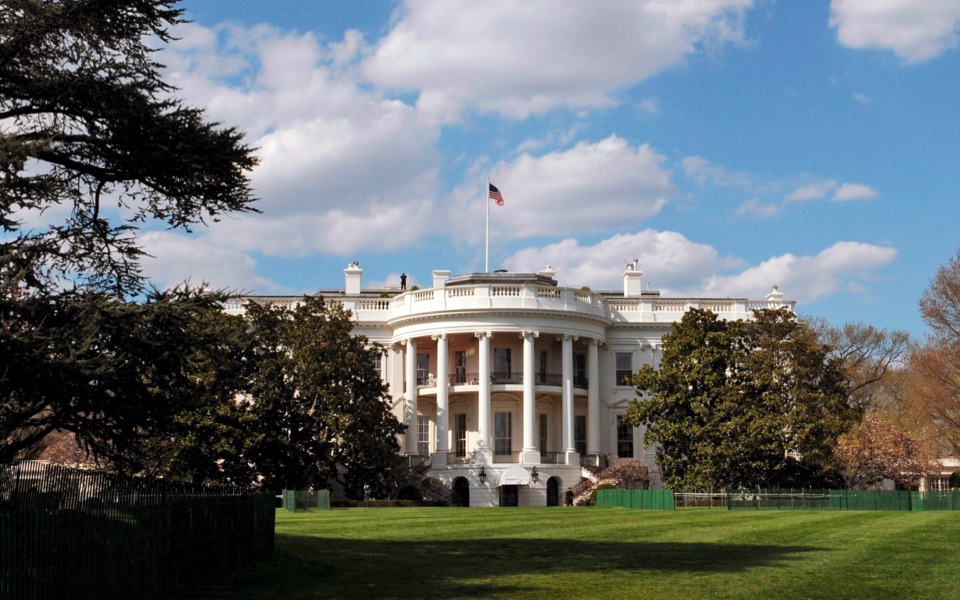The Greek-American lobby

Within the space of just a few days, the two Greek Americans upon whom some in Athens and certain Greek Americans had pinned their hopes left the White House. Reince Priebus was expelled in the most deceptive way possible from his position as chief of staff. George Gigicos, the person who spent the most time by Donald Trump’s side during his presidential election campaign, has also departed his position as White House director of scheduling and advance. The Greek-American “mafia,” as some in the media dubbed them, no longer exists.
As the other recent and not-so-recent experience has demonstrated, just because a Greek American is in a key position doesn’t necessarily mean our problems will be solved quite the way we imagine. The agenda these people have when they take up key positions is much greater than the “Greek” issues, which are much smaller by comparison. We also often expect too much of them because we see them as a direct line to the US president, resulting in us either putting them in difficult positions or making them hide from anyone with a Greek surname.
The bad thing is that the Greek-American lobby is a ghost of its former self. It’s spent itself on photo ops, for the sake of being pictured next to the president. On March 25, Greek Independence Day, this year, a bouzouki band played at the entrance to the White House and some believed this held some sort of significance. But the truth is that for years the Greek-American lobby has been without real leadership and in danger of being transformed into a secular assembly without political intervention.
Leaders of the Church played a decisive role in the past, but since the passing of Archbishop Iakovos there has been a void that has yet to be filled. Some use their influence for business and self-promotion. There are plenty of patriotic Greek Americans but there is also a lack of leadership or any sense of camaraderie.
Now that the illusions have been shattered, it’s time that the Greek-American lobby underwent some kind of reconstruction. If Greece wants to play ball, it must convince Washington that it holds strategic advantages for the US and that its political leadership is capable of delivering – while of course claiming its own benefits as well.
We’re at a complicated juncture. Yes, there are tensions with Turkey and serious misgivings about its president, Recep Tayyip Erdogan, but nobody wants to lose Turkey as an ally. The question is who are the appropriate interlocutors in Washington? The people who really have any influence over issues concerning us appear to be Vice President Mike Pence, US National Security Adviser H.R. McMaster and Defense Secretary James Mattis. It is them that we need access to and who need reassurance that they have serious strategic interlocutors in Athens, even if they’re not big on tzatziki and syrtaki.



